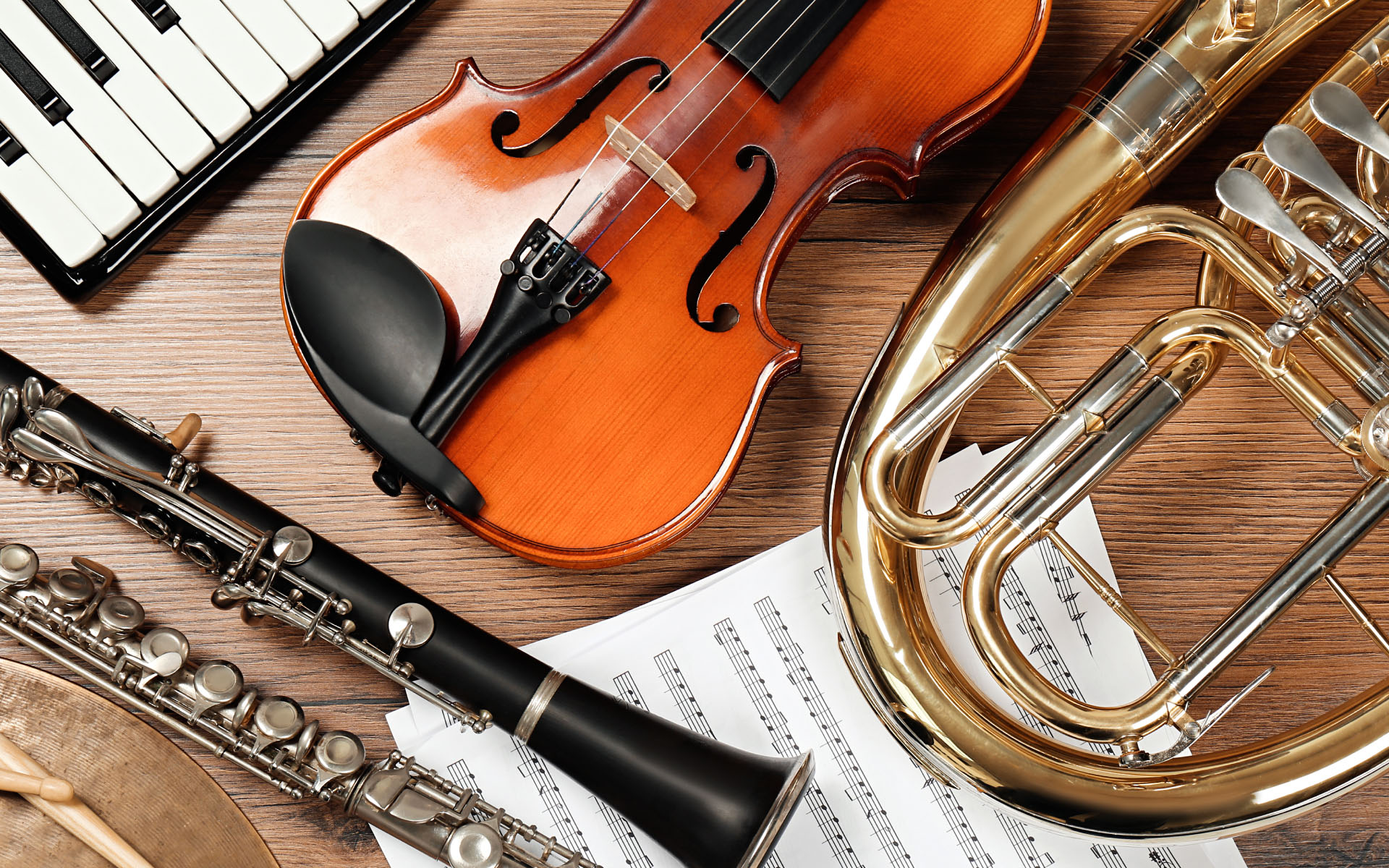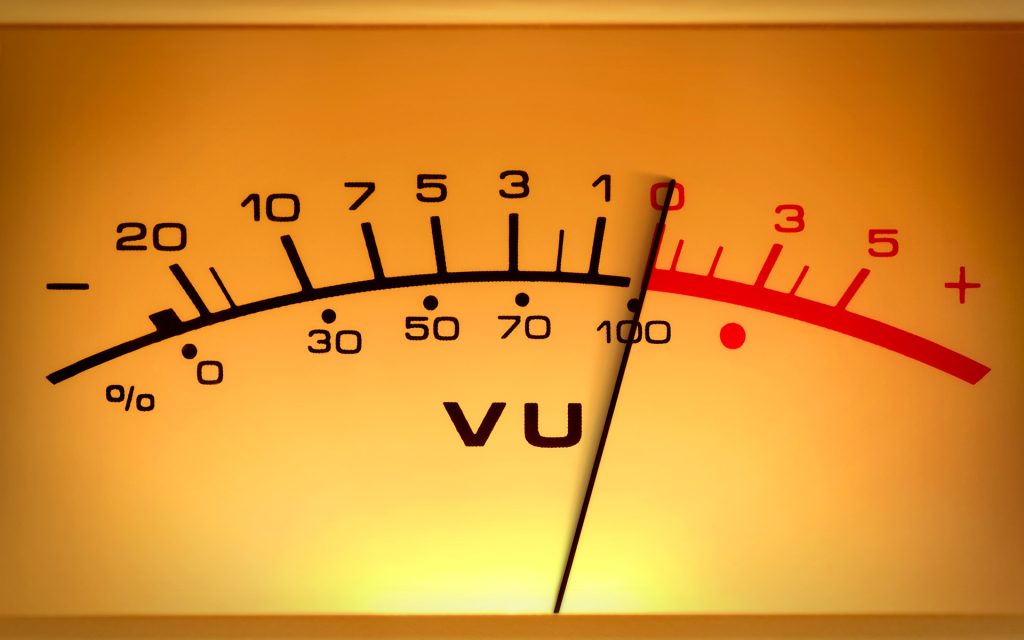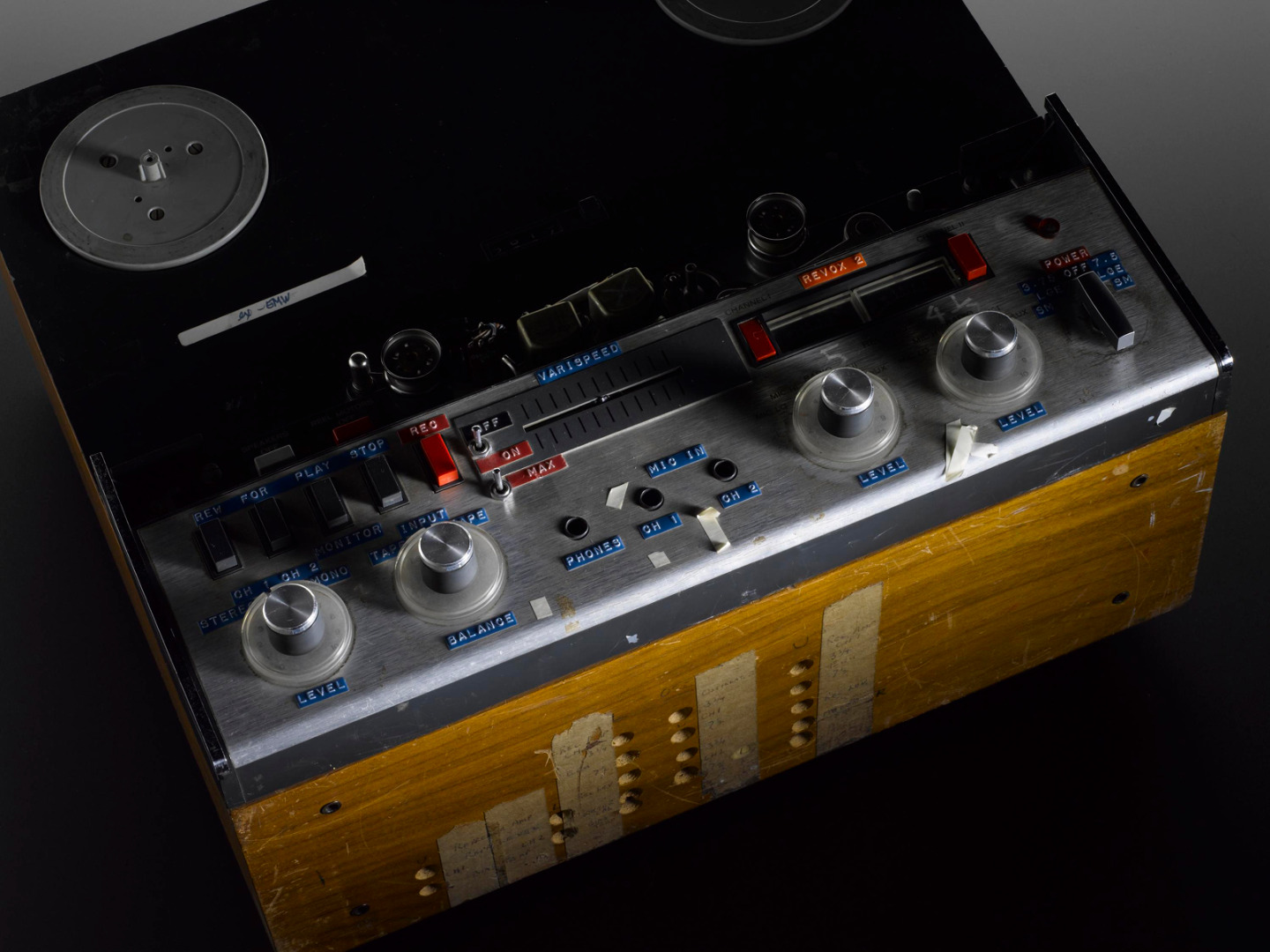Enhance Musical Composition Creative Process Improvisation

Unlocking the Power of Improvisation in Music Composition
In the realm of creative hobbies, music composition stands out as a profound way of self-expression and artistic exploration. One of the most exciting facets of this journey is improvisation, a dynamic practice that can breathe new life into a musician’s creative process. Understanding how to integrate improvisational techniques can not only enhance your compositions but also lead to a more fulfilling and spontaneous artistic experience.
This article delves into the significance of improvisation in music composition, shedding light on its potential to transform artistic output. By allowing musicians to break free from traditional structures, improvisation fosters innovation and encourages a deeper connection to their work. As we explore this topic, we will compile a Top 5 list of essential techniques and resources to elevate your musical journey.
Whether you’re a seasoned musician or a budding composer, embracing improvisation can unlock new horizons in your creative process. Prepare to discover how stepping outside your comfort zone may lead to extraordinary compositions.
DIVE DEEPER: Click here to discover the art of acrylic painting
Exploring the Creative Process: How Improvisation Can Transform Musical Composition
The world of music, with its broad spectrum of genres and styles, thrives on creativity and spontaneity. Central to this vibrant art form is the concept of improvisation—a dynamic process that not only enhances performance but also plays a pivotal role in composition. This article examines the top five ways in which improvisation can transform musical composition. Here’s a deeper look into the creative process and the significant role improvisation plays in shaping the musical landscape.

5. Enhancing Melody Creation
A melody serves as the core essence of any musical composition. It is the element that catches the listener’s ear and evokes emotional responses. Improvisation empowers musicians to spontaneously explore an array of melodic ideas, allowing them to deviate from rigid structures and discover new musical possibilities. This organic method often leads to catchy or memorable tunes that might remain elusive through traditional means alone.
Consider the example of a jazz saxophonist in a late-night jam session. Without predefined notes, they might experiment with different scales and motifs, inadvertently creating a unique melody that stands out and moves the audience. Such impromptu creativity is vital in adding depth and character to any composition, making improvisation an indispensable tool for melody creation.
4. Rhythm Exploration
Rhythm forms the backbone of music, providing structure and pulse. Through improvisation, composers have the opportunity to explore an extensive array of rhythmic patterns, pushing their creative boundaries. Uncovering novel rhythmic structures can infuse compositions with vitality and freshness, demonstrating that rhythm is just as essential as melody or harmony.
- Polyrhythms: By blending contrasting rhythms, composers can challenge and redefine conventional time signatures, adding complexity to their work.
- Syncopation: Imbuing compositions with unexpected rhythmic surprises can inject dynamic energy, capturing the listener’s attention and engaging them further.
- Groove Development: Crafting a compelling groove through improvisation can lay the groundwork for an engaging musical piece.
Free-form rhythm experimentation enables musicians to uncover extraordinary ideas that might otherwise lie dormant, demonstrating the power of rhythm beyond traditional constraints.
3. Emotional Depth and Expression
Music, an emotional conduit, transcends mere notes and bars. Improvisation is an invaluable way to infuse compositions with genuine emotional depth. When musicians improvise, they tap into their current emotional states, crafting pieces that resonate deeply on both personal and universal levels.
A poignant example can be seen in blues music, where artists like B.B. King use improvisation to channel feelings of sorrow and joy, making each performance distinctly personal and memorable. This emotional authenticity allows musicians to forge strong connections with their audiences, rendering music more impactful and relatable.
2. Fostering Collaboration
Improvisation, while often seen as a solitary endeavor, plays a crucial role in collaborative musical settings. It fosters synergy among musicians, enabling them to engage in real-time musical conversations. Whether within a band, an orchestra, or an impromptu jam session, improvisation demands attentiveness and adaptability among participants.
When musicians share and develop ideas in such settings, the resulting compositions become enriched and multifaceted, often surpassing what any individual could achieve alone. This collaborative process not only reinforces interpersonal relationships but also nurtures a sense of community and collective creativity essential in producing exceptional music.
1. Catalyst for Originality
Standing at the forefront of our inquiry is the role of improvisation as a catalyst for originality. In today’s world, brimming with diverse musical influences and genre crossovers, composers must strive to find their unique voice. Through improvisational practices, artists can transcend traditional norms and explore new sonic territories.
Consider an artist like Robert Glasper, who fuses jazz and hip-hop elements through improvisation, epitomizing how creativity knows no boundaries. His approach not only captivates audiences but propels musical innovation, setting new precedents for future generations.
In an era where musical expression is limitless, originality remains a key component in engaging listeners and advancing the art form.
Ultimately, improvisation serves as a transformative force within musical composition. From enhancing melody and rhythm to fostering collaboration and originality, its influence is profound and multifaceted. As musicians embark on their creative journeys, embracing improvisation offers a pathway to richer, more dynamic musical landscapes, inviting both artists and audiences to partake in the adventurous spirit of music-making. Improvisation ensures that the world of music remains an ever-evolving masterpiece, continually reshaped by those bold enough to explore its depths.
In understanding how improvisation can transform musical composition, it’s essential to delve into the various advantages it presents for musicians and composers alike. When improvisation is incorporated into the creative process, it opens avenues for exploration, redefines boundaries, and fosters a deeper connection to the art. One significant advantage of improvisation is the element of spontaneity it introduces. When artists allow themselves to improvise, they often create unexpected melodies or rhythms that may not surface through traditional composition methods. This spontaneous creation can spark new ideas, leading to innovative pieces that highlight a composer’s unique voice. Furthermore, the sheer unpredictability of improvisation can draw musicians into a state of heightened creativity, allowing them to venture into uncharted musical territories.Another compelling aspect of improvisation is the ability to foster emotional expression. Music serves as an outlet for emotions, and improvisation provides the freedom to convey feelings authentically as they arise. Instead of sticking to a pre-determined structure, musicians can tap into their current emotional state, translating it into a moment of pure musical expression. This connection between emotion and improvisation can often produce performances that resonate powerfully with audiences, enhancing their overall experience.Moreover, improvisation encourages collaboration and dialogue among musicians. In ensemble settings, improvisation cultivates a sense of unity and responsiveness, allowing musicians to listen and react to one another in real-time. This dynamic interaction can lead to exciting musical exchanges and a sense of shared discovery, which can radically shape the direction of a performance or composition. Each musician contributes their unique perspective, creating a rich tapestry of sound that is greater than the sum of its parts.Lastly, improvisation can serve as a powerful tool for learning and growth in musical practice. Engaging in improvisational exercises enhances a musician’s technical skills, as well as their ability to think quickly and adapt. Such practice cultivates confidence, enabling composers to tackle new challenges fearlessly. As they learn to embrace mistakes as part of the process, musicians can discover innovative solutions and transform these moments into integral components of their work.By recognizing and harnessing the transformative potential of improvisation, musicians and composers can unlock limitless opportunities for creativity, genuine emotional connection, collaborative synergy, and personal growth in their musical endeavors.
DISCOVER MORE: Click here to enhance your drawing skills
Frequently Asked Questions on Creative Process and Musical Improvisation
How does improvisation influence the creative process in music composition?
Improvisation plays a pivotal role in music composition by providing a spontaneous avenue for musical exploration. It allows composers to tap into unfiltered creative ideas and experiment with melodies, harmonies, and rhythms. This unscripted process can lead to unexpected discoveries and inspire new directions in composition that might not be uncovered through traditional methods alone.
Can improvisation improve a musician’s technical skills?
Indeed, improvisation can significantly enhance a musician’s technical prowess. By frequently engaging in improvisational activities, musicians develop their listening skills, reflexes, and adaptability. This practice encourages a deeper understanding of their instrument, as they constantly explore new techniques and sounds. Over time, these skills translate into improved technical abilities and a greater capacity for expressive performance.
Is it necessary to have a strong foundation in music theory to improvise effectively?
While a solid grasp of music theory can be beneficial, it is not an absolute necessity for effective improvisation. Many musicians begin improvising by exploring their instrument intuitively, gradually building their theoretical knowledge along the way. However, understanding key elements like scales, chords, and progressions can undoubtedly enhance one’s improvisational versatility and confidence.
What role does improvisation play in the evolution of music genres?
Improvisation has historically been at the forefront of musical evolution, spearheading the development of genres such as jazz, rock, and blues. Through spontaneous experimentation, musicians innovate and redefine traditional music forms, leading to the creation of entirely new styles. This process of exploration and innovation continues to drive the diversification of music as an art form.
DIVE DEEPER: Click here for some creative hobby ideas
Conclusion
In exploring the creative process through the lens of musical improvisation, the article underscores the transformative power that this spontaneous form of music-making holds over composition. Improvisation strips away preconceived constraints, allowing musicians to engage with their creativity unfiltered. By venturing into the unknown, artists find new pathways, enhancing their capacity for generating novel ideas and motifs.
The core elements drawn from this exploration include the ability of improvisation to promote expressiveness and authenticity in music. It encourages spontaneous communication between the musician and their instrument, which can lead to surprising and compelling compositional elements. Moreover, by emphasizing the importance of experimentation, this process opens doors to unconventional sounds and structures that may not have been conceived through traditional methods of composition.
Furthermore, the social aspect of improvisation, particularly in collaborative settings, can significantly enrich a musician’s repertoire. Sharing and evolving ideas with others in real-time fosters a unique creative synergy that can invigorate and rejuvenate the compositional process. The diverse contributions of each participant in a jam session can blend to create a piece that is both innovative and dynamic.
In conclusion, as musicians strive to develop and refine their craft, embracing improvisation presents opportunities to unlock a more vibrant and varied palette of musical expression. Delving deeper into its practices could unveil countless creative possibilities, ensuring that the art of composition remains fresh and continually evolving. The impact of improvisation extends beyond personal growth, offering a broader perspective on the limitless scope of music creation.



